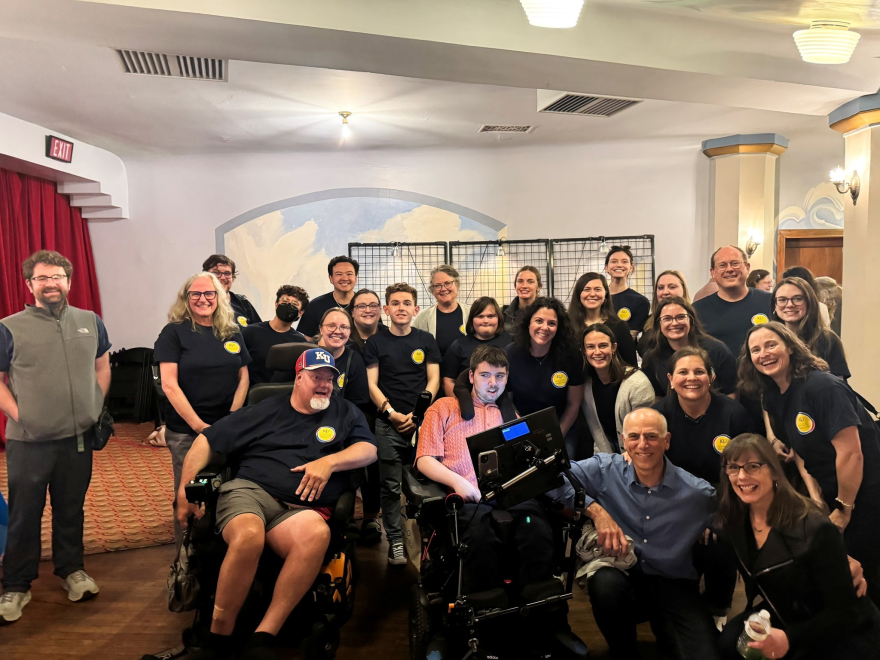A national network of 68 University Centers for Excellence in Developmental Disabilities, or UCEDDs, lead research, establish best practices and provide direct support for individuals with developmental disabilities.
Between Kansas and Missouri, there are just two UCEDDs: one at the University of Kansas and one at the University of Missouri-Kansas City.
Established as a direct result of the The Developmentally Disabled Assistance and Bill of Rights Act, UCEDDs primarily use federal grants as the infrastructure to demonstrate their capabilities, which in turn enables them to secure necessary additional funding.
According to Dr. Karrie Shogren, the director of the Kansas University Center on Disabilities, the average wait time for someone with a developmental disability seeking home and community services is 10 years — and that’s with the current federal funding.
In May, President Trump proposed a budget for the 2026 fiscal year that eliminates funding for UCEDDs, despite the national network being a “relatively small investment” for large community impacts, according to Shogren.
Losing that funding would force job cuts and limit the number of professionals that the UCEDD could train to provide direct services, resulting in even longer wait times for those in need.
Dr. George Gotto, the director of the University of Missouri-Kansas City Institute for Human Development, said these centers offer “a very good return on investment." On average in Missouri, UCEDDs leverage $17 in additional funds, in the form of grants and programs, for every $1 of public money they receive.
“Without UCEDDs, we are not going to be as effective, as efficient and as rooted in the needs of the disability community,” said Shogren, “And that's essential to make sure that we continue to embody the purposes of the DD Act, which was to move us away from very egregious and segregated practices that were happening in the past.”
- Dr. George Gotto IV, director, University of Missouri-Kansas City Institute for Human Development
- Dr. Karrie Shogren, director, Kansas University Center on Disabilities







